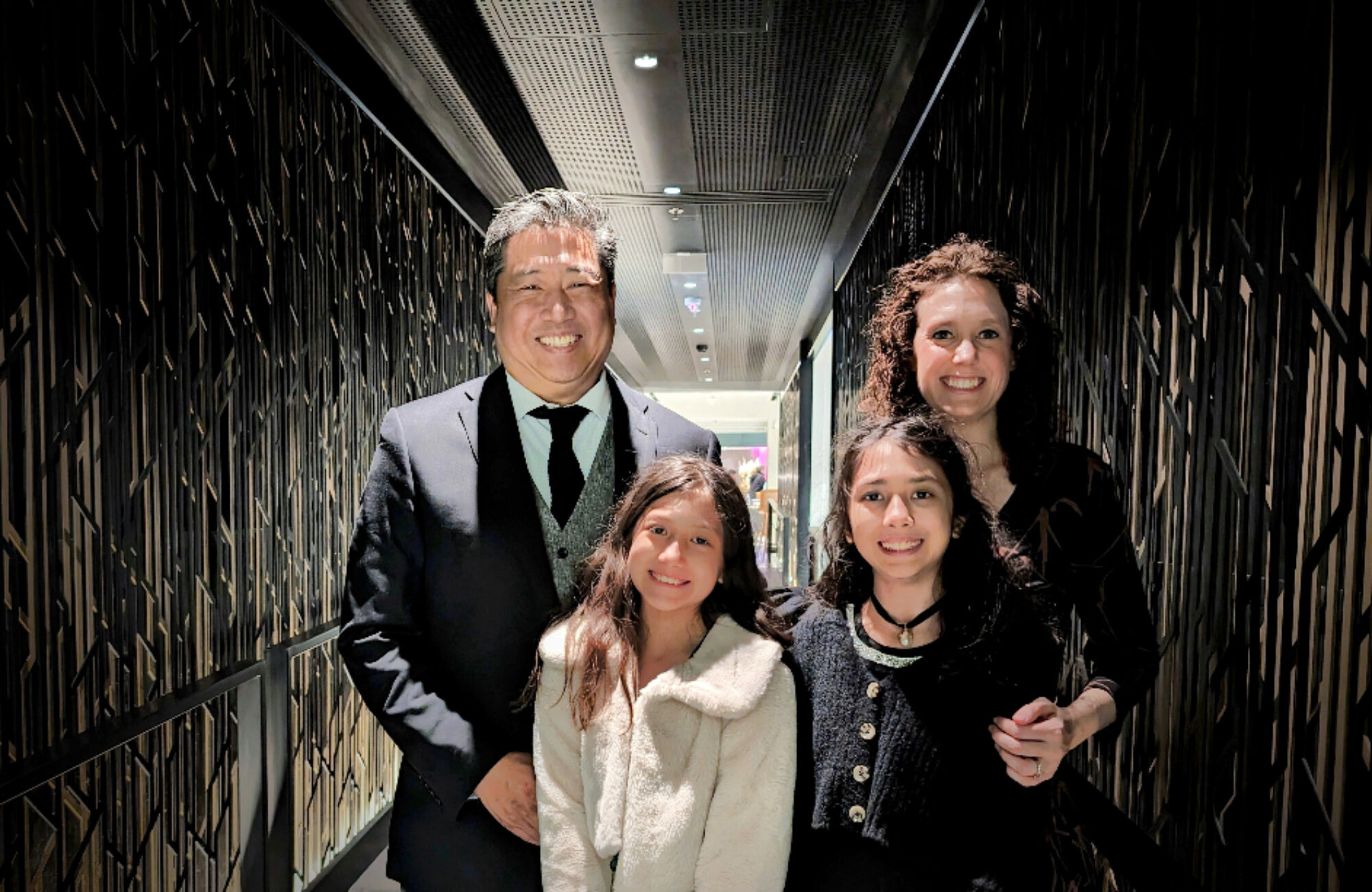Written August 29, 1995
It is too hot for love; He sits on the edge of the bed peering at her over the edge of the paper. She stares back through her half-lidded eyes trying to seem seductive and alluring, but in the end, her gaze is uncomprehending and unfocused. He sees that her slip clings to her body, but feels no sense of arousal; The sight only reminds him of his own undershirt sticking to his back. They look at each other and struggle to collect what remains of their lust, but the effort is too great. Pretty soon, the heat saps that away too.
While the open window holds the air still outside, inside, the fan just pushes the hot air around and around the room. Flies buzz around their bare skin to lick away the sweat-salt that collects there. A drop of sweat rolls from the man’s nose and makes the ink run down the limp paper. He gives the newsprint one last glance, then tosses it aside. The springs of bed creak as he addresses the woman.
“Its too hot, lets go downstairs.” He says without enthusiasm. “Maybe Gus has turned on the air down there.”
Unfortunately for the couple, the weather downstairs does not improve. Gus’s lunch counter is greasy and crowded and even the walls seem to sweat. The air machine is off, but the couple sit at the counter anyway.
The man is sullen. The angers that he feels inside are directed to no one but himself and God. There is no real sense of it except a longing, a need, a wishing for company, a wishing for life. He does not fault the woman, for he cannot find the fault in her, yet he sits and sulks. As the feelings suffuse across his face, he can not help but feel foolish for even being angry. But it does not let him go, and it just makes him more sullen. All his friends have gone their separate ways and all his loves have found others to love. Feeling alone, he looks deeply inside himself and finds himself wanting. Food has lost its taste, music has lost its magic; All that seems to be in the future is regret and the cynical fact that he is drowning in shallow water. It had never been a matter of potential or ability, it always had been, and was now, simply a matter of will. The will to live and the will to succeed.
She sits at the stool a couple places from him and stares blankly into her menu. She is tired, and uncaring of life around her. Hers has never been a lack of ambition or ability, she thinks; She’s always been the trodden and oppressed. All she has missed, she is sure, is opportunity. The opportunity that everyone else seems to have. But even she knows that isn’t all together true; What she really needs is courage. The courage and strength to create opportunities. It is too much to think of though. The job crushes her, and leaves her lifeless and tired. There is no time to dream or imagine; There is no strength to open new doors. There is only strength for survival.
Gus at the counter sees the same people every morning and every evening tending to their bodily needs of eggs and bacon and coffee and potatoes and the other staples that make up the sustenance of their meager lives. They never talk to him about themselves or their problems. They don’t need to; He can see it written in their faces. The regret of never being a concert pianist, or an Olympic athlete or a writer, or a poet or a scholar or doctor or a lawyer: the regret of never being anybody at all. The resignation that is their lives permeates the very walls of the diner and makes them sag inward.
“Coffee.” The man calls, and Gus pours him a cup. The woman only wants a sliver of the apple pie.
The man looks at the woman and sees a bent woman, old beyond her years. The woman looks at the man and sees the wasted shell of a once proud spine. They glance at each other and in that moment of honesty and truth, they lament.
The coffee tastes stale; And the apple pie, as usual, has too much sugar.
Finally a man in a three piece banker’s suit makes his way into the diner. He notes the heat with distaste and finally yells to Gus.
“C’mon Gus, don’t be such a cheapskate, turn on the air!” He says.
Gus looks at the man and doesn’t recognize him. He looks rich though, so Gus shuffles to the back of the room and throws the switch on the box next to the air machine. The box makes a loud “ka-chunk” as if changing gears or something, then settles into a comforting hum.
The cool air rushes from the big box and begins by covering everyone with a layer of relief. It then rushes into everything and inflates the room with vitality. It makes them forget the drudgery of life and fills them with hope and vigor. The air starts at their mouths and fills their faces. Bent backs are straightened and limbs fill like balloons. Her bosoms rise, his chest fills, they wriggle their toes as if trying to let the air fill every crevice.
She looks to him and, all of the sudden, he looks stunning. He looks to her and she looks sexy. They drop money on the counter and fumble over each other making their way back upstairs. Upstairs, back into the heat.

